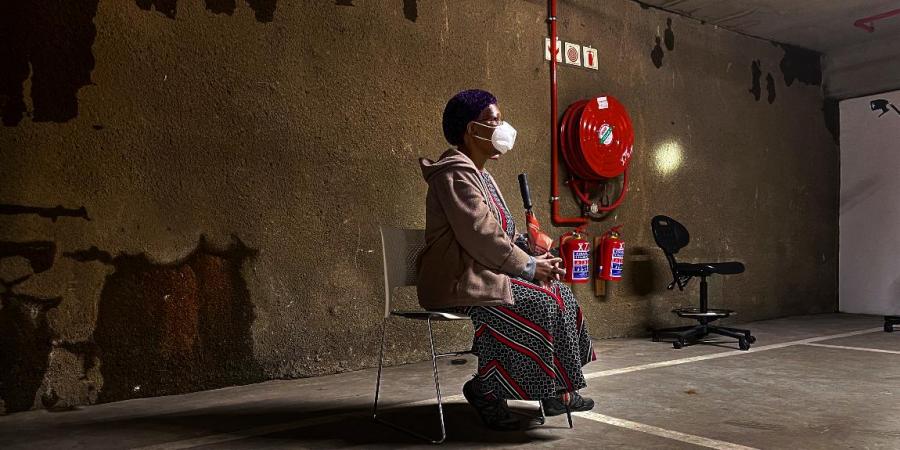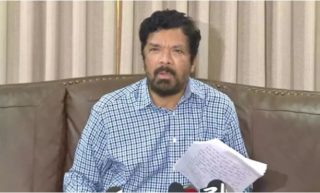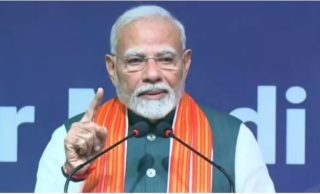 NAIROBI: Africa should see the first COVID-19 vaccine doses in March from the global COVAX effort aimed at helping lower-income countries obtain the shots, the World Health Organisation’s Africa chief said Thursday, as deaths on the continent are rapidly rising.
NAIROBI: Africa should see the first COVID-19 vaccine doses in March from the global COVAX effort aimed at helping lower-income countries obtain the shots, the World Health Organisation’s Africa chief said Thursday, as deaths on the continent are rapidly rising.
Matshidiso Moeti told reporters that a larger rollout of the millions of doses from COVAX is expected by June – the second major vaccine announcement this week for the African continent of 1.3 billion people as infections surge for a second time.
The African Union chair on Wednesday said 270 million doses have been secured from Pfizer, Johnson & Johnson and AstraZeneca via the Serum Institute of India. Doses of the vaccines are expected to be allocated to countries based on population size and the severity of the outbreak, with health workers considered highest priority after thousands have been infected.
The African continent is now recording about 30,000 new virus cases per day overall compared to 18,000 during the first surge months ago. “Unfortunately, our deaths are increasing very rapidly,” Africa Centers for Disease Control and Prevention director John Nkengasong said in a separate briefing.
He said confirmed deaths from COVID-19 have jumped 21 per cent over the past week in Africa, with more than 5,400 reported. The continent has more than 3.1 million confirmed virus cases, including more than 75,000 deaths, as a second wave of infections is “hitting very, very hard”.
The case fatality rate in Africa is now 2.4 per cent, above the global rate of 2.2 per cent. Some 20 African countries have case fatality rates above the global average, including Sudan at 6 per cent, Egypt at 5.5 per cent, Mali at 3.9 per cent, Congo at 3.1 per cent and South Africa at 2.8 per cent.
South Africa is one of the world’s hardest-hit countries as a highly infectious variant of the virus now dominates the number of new cases and hospitals struggle. The country has more than 1.2 million cases including 35,000 deaths.
Moeti said that genomic sequencing has now found that new variant in three other countries: Botswana, Gambia and Zambia. “The importance of a robust genomics surveillance system cannot be overemphasized,” she added.
The Africa CDC director said “the sheer increase in the number of cases means we run into short supplies of oxygen”, and he is meeting with the World Health Organization and other partners on Friday on how to increase the supply to Africa, where medical oxygen is not widely available.
Nkengasong stressed the importance of getting COVID-19 vaccines to Africa: “We have to do it quick. Economies are down. People are dying.”
Since vaccine doses from the COVAX effort are expected to cover just 20 per cent of the population in Africa, officials have pushed on multiple fronts to secure many more doses to meet the goal of vaccinating the 60 per cent needed to achieve herd immunity against the virus.
Nkengasong said that the vaccinations “will require a very massive historic campaign” of a kind that the continent has never seen. Already there are concerns about how African countries can roll out vaccines that require super-cold storage given the continent has some of the world’s worst infrastructure.
Nkengasong said African governments are being advised to obtain deep freezers to start the vaccinations at hospitals in their major cities, then to “engage the community, push them, drag them to where vaccination points are”.























